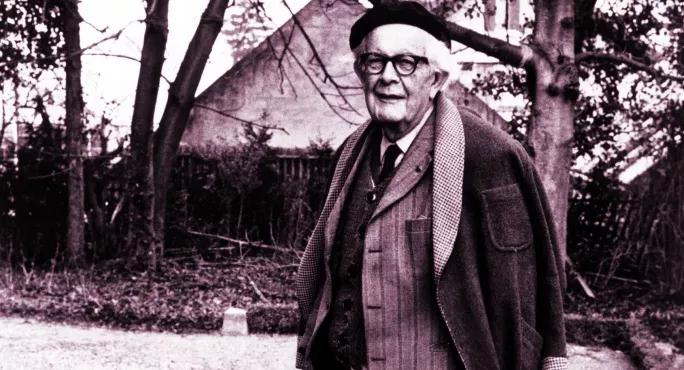Who was Jean Piaget? The Swiss psychologist (1896-1980) was famous for his theories on child development.
He was one of the first people to consider cognitive development in stages and proposed that thinking processes developed alongside biological maturation.
What does Piaget say about education?
Piaget focused primarily on the learning and education that occurs in early childhood.
He believed that children construct an understanding of the world around them and that learning happens when they experience discrepancies between what they already know and what they discover within their environment.
Piaget was most famous for his work on:
Schemas
The building blocks of knowledge that enable children to form a mental representation of the world and organise their knowledge.
Adaptation processes
The way children adjust their thinking and therefore develop intellectually. In order to learn, children assimilate and accommodate new features of their environment or create an equilibrium (balance) between a new concept and what they already know.
Stages of cognitive development
According to Piaget, there are four stages of cognitive development that all children go through. These stages begin at birth and see children move from interacting with objects in their environment, where they develop an awareness of object permanence (knowing objects still exist even when out of sight), to working things out internally and grasping a range of abstract concepts (usually around the age of 11).
More on cognitive science:
How has this influenced pedagogy?
Piaget’s ideas have had a huge impact on teaching, particularly at primary level, and his analysis of how we learn has influenced the way teachers and schools structure the curriculum and deliver content.
Some of the most common Piaget-based approaches are:
Discovery learning and the importance of play
Allowing children to learn via exploration and actively engaging with their environment, often through play and independent, pupil-led discovery.
The readiness of pupils
Owing to the emphasis placed on biological maturation, there is a case for building a curriculum that teaches pupils particular concepts when they are ready to process them (in accordance with Piaget’s stages). If pupils are not cognitively ready, they will not be able to learn.
Focusing on active learning
Piaget proposed that problem-solving and logical processing skills are required for new learning to occur. Therefore the teacher needs to be a facilitator within the classroom and support pupils through the adaptation process, rather than merely feed them information.





